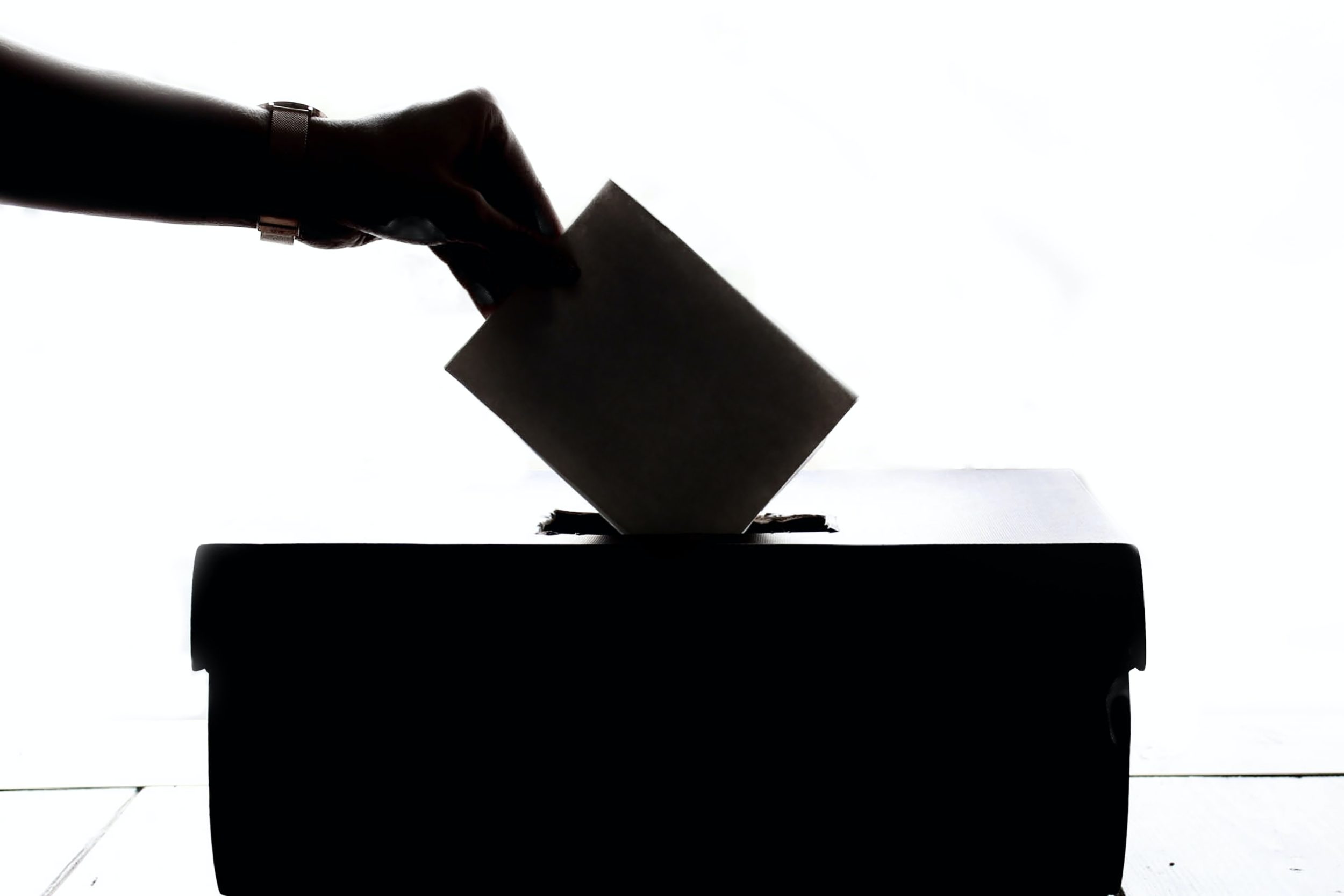Most Recent News


Popular News



Alexander Hamilton said it best: if the electoral college is not perfect, it is at least excellent. Direct democracy is just terrible.
A good reminder for those that think that direct democracy isn’t terrible:
… this is where the Electoral College fits into our American system and defends liberty in ways that direct democracy does not, despite the fact that the framers imagined that it would operate differently than it does today.
How does it work? Like the World Series, you must win games (states), not merely runs (people). There’s not a single election for president, but 51 elections, including the District of Columbia. According to Alexander Hamilton, this “affords a moral certainty, that the office of president will never fall to the lot of any man who is not in an eminent degree endowed with the requisite qualifications.” If a baseball team were forced to play 51 games, wouldn’t we all agree that the team that won the majority of those games would be the “better” team? Generally, this is what the Electoral College does: It forces presidential candidates to win both people (runs in a single game) and states (the majority of games). This makes the president an able representative of the United States of America, who is tasked with balancing national and federal interests.
More problematically, is the notion that the national popular vote is imbued with meaning. No candidate tries to win it because that’s not how the game is won. As such, past national popular vote totals don’t make for a legitimate argument against the Electoral College’s four supposed “failures” (1824, 1876, 1888, and 2000). The popular vote totals mostly arose as a by-product of each presidential candidate’s electoral vote strategy. It’s nearly impossible to speculate what the national popular vote would have been had the presidential candidates tried to win it.
And even if one does look to 2000, the problem was not the Electoral College, but the closeness of the election. Had we used a national popular vote to determine the president, we still might not have one.
Why?
Gore earned only about 500,000 votes more than Bush, and there were about 100 million ballots cast that day. The two candidates were 0.5 percent apart, which also happens to be the threshold level set by many states for an “automatic recount.” And as any statistician knows, when one is counting 100 million ballots, the law of large numbers tells us that a recount is not likely to be a more accurate count, only a different count. The Electoral College confines voting controversies to the states, and allows for a more orderly counting of ballots than would likely occur if votes were aggregated and finalized nationally.
But even aside from the practical concerns and circling back to this issue of representation, Gore’s popular vote margin came from earning 1.3 million more votes than Bush in California. Should Californians have been able to “overrule” the rest of country and install their overwhelming favorite in the presidency?
The Electoral College not only supports the “checks and balances” in our system, but ensures that our elections don’t devolve into chaotic legal battles between the parties.
As Alexander Hamilton explained, if “it be not perfect, it is at least excellent. It unites in an eminent degree all the advantages, the union of which was to be wished for.”
The same naturally applies to the 2016 election. And will continue to the 2020 election.
Another way to think about direct democracy is the tyranny of the mob analogy, which can be explained rather easily:
This is a simple, easy-to-understand example of the tyranny of the mob, or the ‘majority‘. It is obvious that this exact situation does not occur. Rather, smaller instances of a tyrannical majority do occur. Which representative-style systems (such as an electoral college) prevent from occurring.
It is a rather simple argument as well that any high level (federal) political figure should be answerable and accountable to all states, regions, cultural areas, and voting persons. Not just accountable to the majority. Through representation, they are. Through direct democracy, they are not.
It’s easy to agree with Alexander Hamilton. No, representative systems are not perfect. But they still look like a piece of pure gold when compared to the wet dirt that is direct democracy.
Read Next:
Our Choice In Governmental Systems Is Severely Lacking
Problems With Democracy – Why Republics Fall Part 1
The Cycle of Collapse Circular Diagram | Anacyclosis Circle
If you enjoyed this article, bookmark the website and check back often for new content. New articles most weekdays.
You can also keep up with my writing by joining my monthly newsletter.
Help fight the censorship – Share this article!

(Learn More About The Dominion Newsletter Here)